Tech Tips
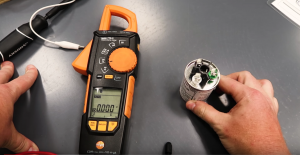
I got a lot of comments that many of you discharge run capacitors with a voltmeter. I test this method vs. the capacitor discharge tool I created. Obviously, many of you use needle nose pliers or a screwdriver. While this is widely practiced, it could result in an arc, shock, or damage to the capacitor. […]
Read more
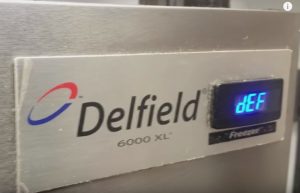
I was watching this video on the HVACR Videos channel by my friend Chris Stephens, and I was impressed by how completely he diagnoses the system both visually and with his tools. Take a look. I say this all the time, but a good, efficient technician is one who sees everything and can also quickly […]
Read more
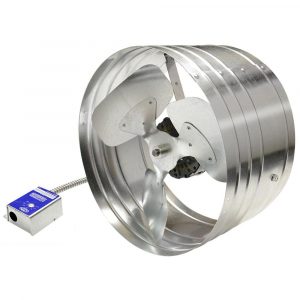
When I first started in the trade, I used to advise customers with hot attics to install powered attic ventilators (PAVs) to “suck” that hot air out of the attic. It just made sense to me at the time; if the attic is hot, get the hot out! When I started learning more about design, […]
Read more
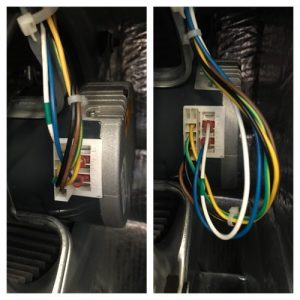
Many of us are aware that X13 and Fully variable motor failure has peaked over the last few years, and I'm sure there are multiple reasons for that. One of the reasons is fairly simple and can be traced back to two simple installation and service practices that can be easily implemented. Seal all air […]
Read more

When I started in the field, I was a 17-year-old helper with one year of tech school under my belt. In other words, I knew nothing. As I've mentioned before, a few experienced techs took me under their wings at different stages, but the most influential was a guy named Dave Barefoot. For whatever reason, […]
Read more

This article was written by Jim Bergmann with MeasureQuick. Anyone who has ever picked up a vacuum pump has asked or been asked this question. To be truthful, it is like asking, “How many licks will it take to get to the center of a Tootsie Roll Tootsie Pop?” In the words of the wise […]
Read more
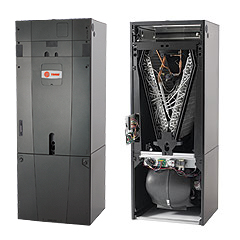
This article was written by my good buddy, Bill Frisbie. Bill is a service manager and crack technician at AirFx, a Trane dealer in lovely Inverness, Florida. Thanks, Bill! One of the most intimidating things in the field is to walk up to a piece of equipment that you have either never worked on or […]
Read more

How many times has the following situation happened to you? You're on your way to that final service call. While you're listening to the customer explain their complaints over the phone, there's this precise moment where you've thought: “I know what it is already. This will be a quick one.” Sometimes, intuition proves to be […]
Read more

In commercial HVAC, you will find several different types of multi-stage evaporator coils: intertwined (shown above), horizontal face split (one coil on top of another), and vertical (side by side). When staging a horizontal evaporator, pay attention to ensure that stage #1 is on the bottom and stage #2 is on the top. If stage […]
Read more







